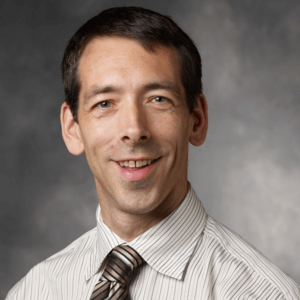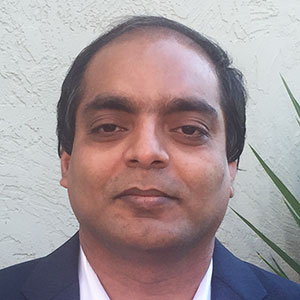Session Abstract – PMWC 2017 Silicon Valley
Session Synopsis: Clinical genomics is a huge game changing opportunity. Adding technological advancements, large scale computing power, and technical and scientific expertise will uncover the intricacies of human health and disease. The overall goals are disease prevention, proactive healthcare, earlier disease detection, and improved/targeted disease management.
Session Chair Profile
Ph.D., Director, Stanford Clinical Genomics Service
Biography
Born and raised in Scotland, Euan Angus Ashley graduated with 1st class Honors in Physiology and Medicine from the University of Glasgow. He completed medical residency and a PhD in molecular cardiology at the University of Oxford before moving to Stanford University where he trained in cardiology and advanced heart failure joining the faculty in 2006. His group is focused on the application of genomics to medicine. In 2010, he led the team that carried out the first clinical interpretation of a human genome. The paper published in the Lancet was the focus of over 300 news stories, became one of the most cited articles in clinical medicine that year, and is currently featured in the Genome Exhibition at the Smithsonian in DC. The team extended the approach in 2011 to a family of four and now routinely apply genome sequencing to the diagnosis of patients at Stanford hospital where Dr Ashley directs the Clinical Genome Service and the Center for Inherited Cardiovascular Disease. Dr Ashley is a recipient of the National Innovation Award from the American Heart Association (AHA) and a National Institutes of Health (NIH) Director’s New Innovator Award. He is a Principal Investigator of the Myocardial Applied Genomics Network (MAGnet), a member of the leadership group of the AHA Council on Functional Genomics, and a member of the Institute of Medicine (IOM) of the National Academy of Sciences Roundtable on Translating Genomic-Based Research for Health. He is a peer reviewer for the NIH and the AHA as well as journals including Nature, the New England Journal of Medicine, the Lancet and the Journal of Clinical Investigation,. He is co-founder of, and advisor to, Personalis, Inc, a Menlo Park based genetic diagnostics company.
Speaker Profile
MPH, M.D., Chief Medical Officer, Verily
Biography
Jessica L. Mega, MD, MPH, is the Chief Medical Officer at Verily Life Sciences. As a faculty member at Harvard Medical School (on leave), a senior investigator with the TIMI Study Group, and a cardiologist at Brigham and Women’s Hospital, she led large, international, randomized trials evaluating novel cardiovascular therapies. She also directed the TIMI Study Group’s Genetics Program. Her research findings have been published in the New England Journal of Medicine, Lancet, JAMA, and elsewhere. Dr. Mega is a graduate of Stanford University, Yale University School of Medicine and Harvard School of Public Health. She completed Internal Medicine Residency at Brigham and Women’s Hospital and Cardiovascular Fellowship at Massachusetts General Hospital. She is board certified in Internal Medicine and Cardiology. She has won the Laennec Society, Samuel A. Levine, and Douglas P. Zipes Awards, and she is a Fellow of the American Heart Association (AHA) and the American College of Cardiology (ACC).
Speaker Profile
Director of Bioinformatics, Stanford Clinical Genomics Service
Biography
Sowmi Utiramerur is currently the Director of Bioinformatics, Clinical Genomics Service at Stanford Health Care (SHC). He is a research leader with 17 years of experience providing technical leadership for platform and product development in fields of Next Generation Sequencing, Single Molecule Sequencing, Primer Design, Protein chemistry, Bio-Physics, Computational Biology/Chemistry, Algorithm design and Software. Innovative researcher with eight high impact patents in the past five years and nominated as top 20 R&D contributors at Life Technologies. In his current role as Director of Bioinformatics at SHC, he is responsible for developing an enterprise-level genomic analysis platform on Google Cloud for analyzing next generation sequencing data and array-based data in an attempt to determine the molecular etiology in patients with unexplained heritable disease. He is also responsible for ongoing R&D of “best-in-class” diagnostic pipeline to keep SHC at the leading edge of diagnostics by leveraging expertise of Stanford University and Silicon Valley resources.






